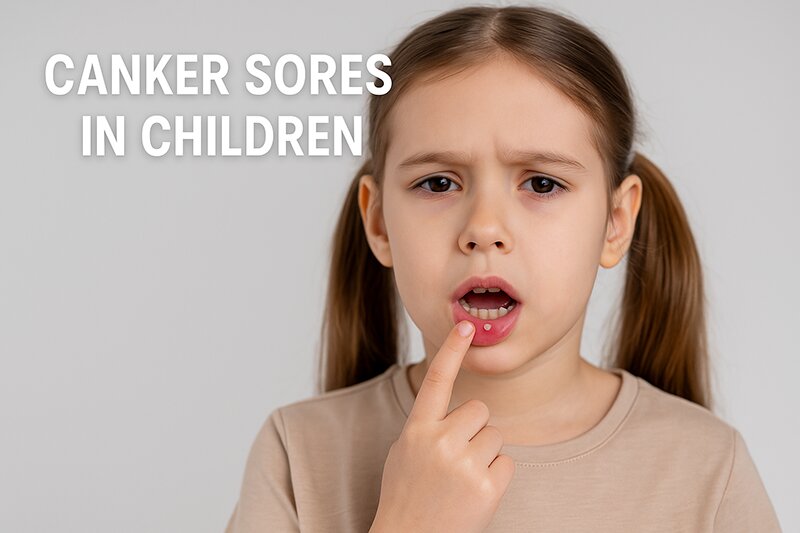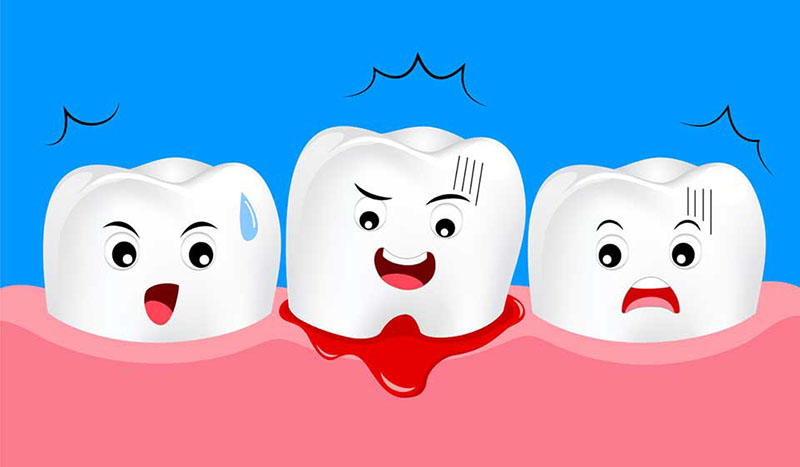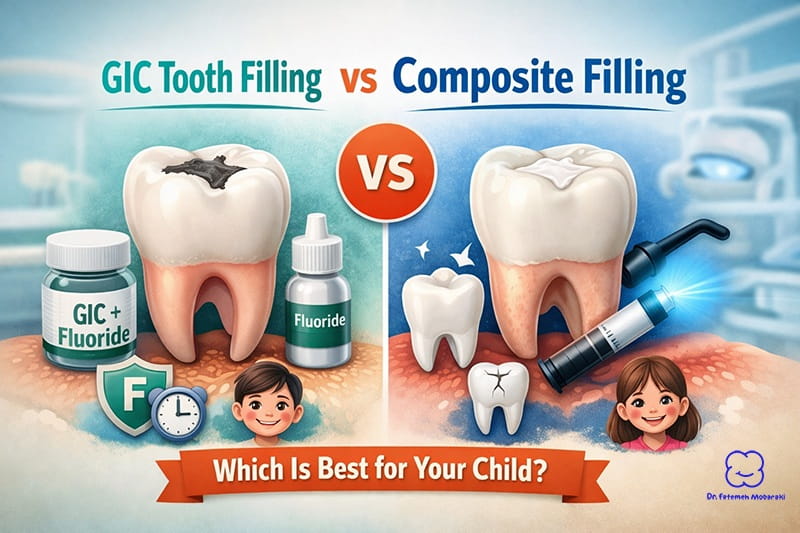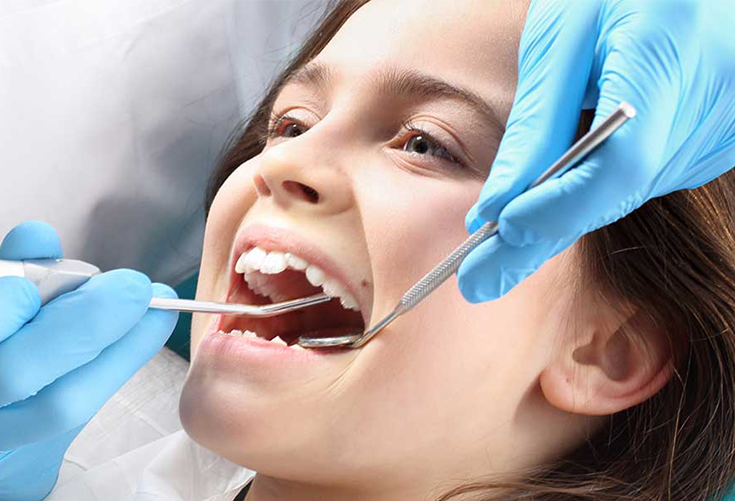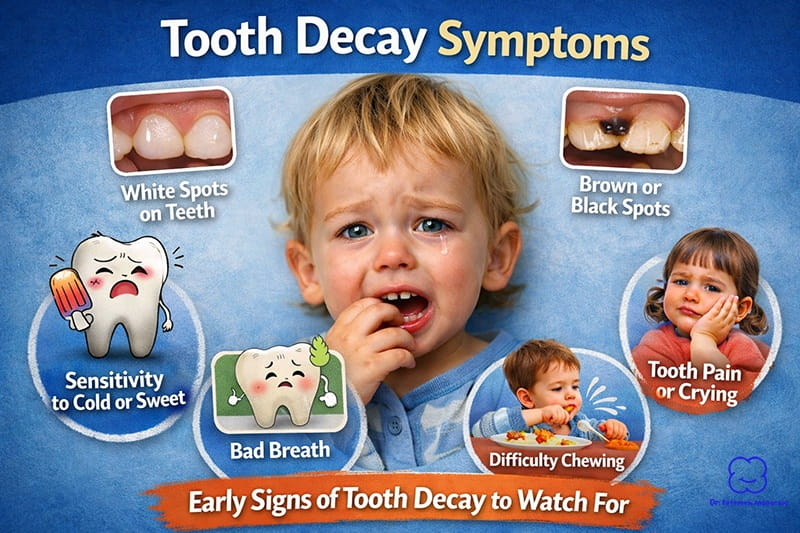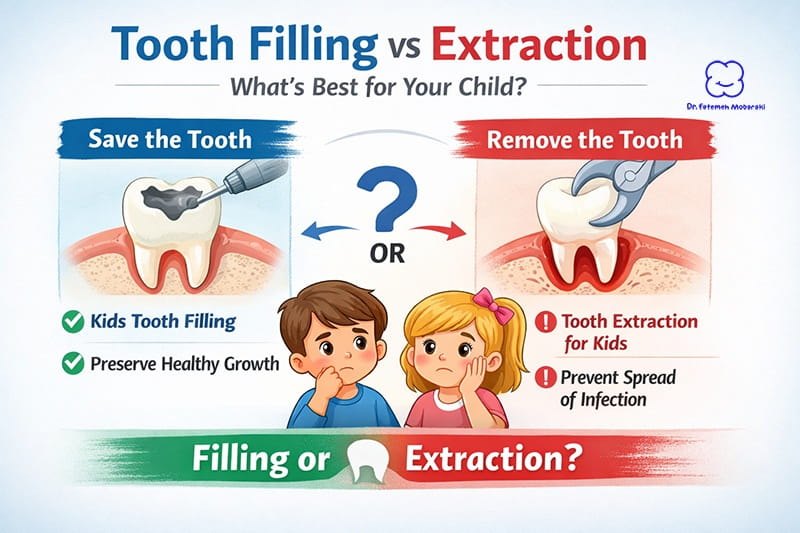Canker sores, also known as aphthous ulcers, are a common yet uncomfortable experience for many children. While typically harmless, these mouth sores in kids can cause significant discomfort, making eating, speaking, and oral hygiene challenging. As a parent, it’s essential to understand how to identify, manage, and prevent these sores to keep your child comfortable and healthy.
What Are Canker Sores in Children?
Canker sores are small, shallow ulcers that appear inside the mouth, commonly on the tongue, inner cheeks, lips, and gums. Unlike cold sores, canker sores are not contagious and usually appear as white or yellowish spots with a red border.
Can a Child Get Canker Sores?
Absolutely! Canker sores are quite common in children, especially those between the ages of 5 and 10. Most children experience occasional canker sores, but some may have them frequently. While these sores can be painful, they’re generally not a cause for serious concern.
What Causes Canker Sores in Kids?
Several factors can trigger canker sores in children, and understanding these causes can help parents take preventative steps to minimize the chances of recurrence.
- Trauma or injury: This is one of the most common causes in children. Accidental biting of the cheek or tongue, overly vigorous tooth brushing, or irritation from orthodontic devices like braces can lead to the development of mouth ulcers. Even sharp or misaligned teeth can cause constant irritation, triggering sores.
- Dietary factors: Certain foods can act as irritants or allergens, especially those that are acidic, salty, or spicy. Citrus fruits (like oranges and lemons), tomatoes, chocolate, nuts, and even some types of cheese may provoke canker sores in susceptible children.
- Stress and fatigue: Children may not express their stress in the same way as adults, but psychological and emotional stress can still manifest physically in the form of canker sores. School pressure, changes in routine, or family tension can all contribute.
- Nutritional deficiencies: Lack of key vitamins and minerals, particularly vitamin B12, iron, folic acid, and zinc, has been linked to frequent canker sores. These nutrients are essential for maintaining healthy tissue and supporting the immune system.
- Underlying health conditions: Certain medical conditions such as celiac disease, Crohn’s disease, and other inflammatory bowel diseases can present with frequent or severe canker sores as a symptom. Additionally, autoimmune diseases or a weakened immune system can increase vulnerability.
- Allergic reactions and sensitivities: Some children may have sensitivities to ingredients in toothpaste or mouthwash, especially those containing sodium lauryl sulfate (SLS), which can irritate the lining of the mouth and lead to sores.
- Hormonal changes: Though more relevant in older children and teenagers, hormonal fluctuations can also play a role in the recurrence of canker sores.
It’s important to keep a food diary or symptom journal if your child frequently experiences mouth sores, as this can help identify specific triggers and guide your pediatric dentist or doctor in providing tailored recommendations.
Read more: is mouthwash safe for children
Signs & Symptoms of Canker Sores in Children
Identifying canker sores in your child involves looking for these typical symptoms:
- Painful red spots inside the mouth that become ulcers.
- Sores appearing singly or in clusters.
- Difficulty eating, swallowing, or talking.
- Irritability or discomfort, particularly during meals.
- Mild fever or swollen lymph nodes in severe cases.
How Pediatric Dentists Diagnose Canker Sores in Kids
Usually, diagnosing canker sores doesn’t require extensive testing. A pediatric dentist or doctor typically diagnoses these sores simply by examining the mouth visually. In rare cases, if sores persist or recur frequently, additional tests may be recommended to rule out underlying conditions.
Best Treatments for Canker Sores in Children
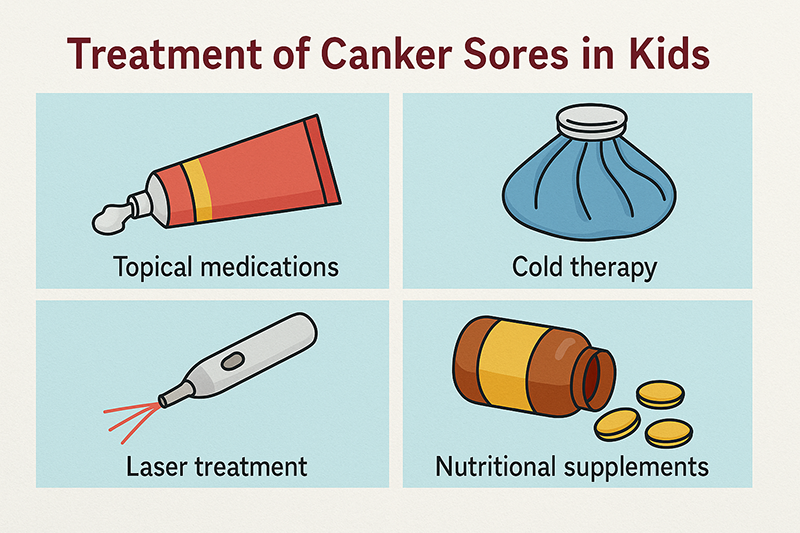
While canker sores typically heal on their own within one to two weeks, treatments can help ease symptoms, speed up healing, and make your child more comfortable during the process. The type of treatment often depends on the severity and frequency of the sores.
- Topical medications: Over-the-counter gels or creams containing benzocaine, lidocaine, or hydrogen peroxide can be applied directly to the sore. These help to numb the area, reduce inflammation, and promote healing. It’s important to follow dosage instructions carefully, especially for younger children.
- Oral rinses: A warm saltwater rinse (½ teaspoon of salt in a cup of warm water) is a gentle and effective home remedy. For more severe cases, your dentist might prescribe a medicated mouthwash containing an anti-inflammatory or antimicrobial agent to prevent secondary infection and speed healing.
- Pain relief medications: Mild over-the-counter pain relievers like acetaminophen or ibuprofen can be used if your child is experiencing significant discomfort. These should only be used under the guidance of a pediatrician or dentist, based on the child’s age and weight.
- Diet adjustments: Avoid giving your child acidic, spicy, salty, or crunchy foods that can irritate the sore. Soft, bland foods like yogurt, mashed potatoes, bananas, and applesauce can help minimize irritation while maintaining nutrition.
- Cold therapy: Giving your child cold foods such as ice pops, smoothies, or cold yogurt can help numb the area temporarily and ease pain.
- Nutritional supplements: If your child’s canker sores are linked to nutritional deficiencies, a doctor may recommend supplements like vitamin B12, folic acid, or iron. Addressing these deficiencies can help reduce the frequency of future sores.
- Laser treatment: In more persistent or painful cases, dental laser therapy may be used to reduce pain and accelerate healing. This is a safe, non-invasive option performed in a dental office.
- Behavioral and stress management: For children whose sores are triggered by emotional stress, counseling or stress-reduction activities such as journaling, play therapy, or breathing exercises might be recommended as part of a holistic treatment approach.
It’s essential to tailor treatment based on your child’s unique needs and consult with a pediatric dentist if the canker sores are severe, recurrent, or affecting your child’s ability to eat or drink.
How to Prevent Mouth Sores in Kids
While it’s impossible to eliminate the risk completely, you can reduce your child’s chance of developing canker sores with these preventive tips:
- Ensure proper oral hygiene by encouraging gentle brushing and flossing.
- Maintain a balanced diet rich in essential nutrients and vitamins.
- Minimize stress through relaxation techniques, adequate sleep, and supportive environments.
- Avoid foods that trigger mouth sensitivity.
In Dubai, specific lifestyle factors can increase the likelihood of canker sores. The hot climate can lead to dehydration, especially in active children, reducing saliva production — a natural protector of the mouth. Make sure your child drinks plenty of water, especially during outdoor activities or school sports.
Additionally, Dubai’s diverse food culture means children are often exposed to spicy or highly acidic foods, which are common triggers. While enjoying delicious local and international cuisine, try to monitor your child’s reaction to foods like pickles, citrus fruits, and spicy snacks.
The academic environment in Dubai can also be demanding, particularly in international and private schools. Help your child manage school-related stress through open communication, relaxation time, and positive reinforcement.
And finally, be mindful of oral care products. Some children may react to ingredients like sodium lauryl sulfate (SLS) in toothpaste. Choosing mild, child-friendly alternatives can make a big difference in preventing irritation and sores.
When to See a Pediatric Dentist for Mouth Sores in Kids
Though canker sores often resolve on their own, seek medical attention if your child:
- Experiences frequent or unusually large sores.
- Has sores that persist beyond two weeks.
- Shows signs of severe discomfort, dehydration, or difficulty eating.
- Develops fever or significant swelling alongside sores.
How I Can Help You
As a pediatric dentist in Jumeirah, I’m Dr. Mobaraki, and I’m here to ensure your child receives the best possible care for any dental issue, including canker sores. I understand how distressing it can be for a parent to see their child in pain, especially when it affects their ability to eat, speak, or smile comfortably.
In my clinic, I take the time to listen to both children and their parents. I work patiently and gently to diagnose the cause of canker sores and create a treatment plan that fits your child’s needs. Whether it’s identifying dietary triggers, managing oral hygiene routines, or prescribing a soothing treatment, I focus on both immediate relief and long-term prevention. My goal is to make each visit stress-free while giving your child a healthy, confident smile.
If you’re looking for a caring and experienced pediatric dentist in Jumeirah who truly understands children’s needs, I’d be honored to help.
Final Thoughts on Canker Sores in Children
Canker sores in children, though common, can be effectively managed with proper knowledge and care. Understanding their causes, symptoms, and treatments will help parents confidently address these mouth sores in kids. By practicing preventive measures and seeking professional help when needed, you can ensure your child’s comfort and oral health.
FAQs About Canker Sores in Kids
1. Are canker sores contagious?
No, canker sores are not contagious and cannot spread from one child to another.
2. Can canker sores indicate a serious health problem in children?
Typically, canker sores are harmless. However, frequent or severe outbreaks might warrant an evaluation for underlying health conditions.
3. How long do canker sores last in kids?
Most canker sores heal within 7-14 days without treatment. If they persist longer, it’s best to consult a pediatric dentist.

